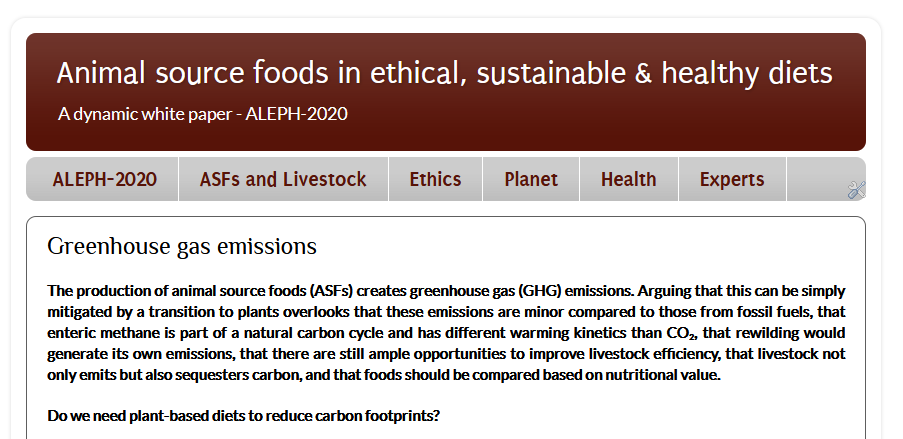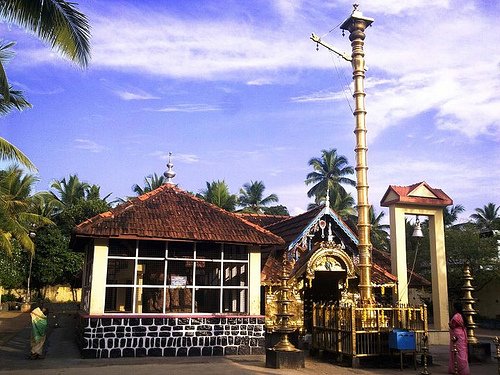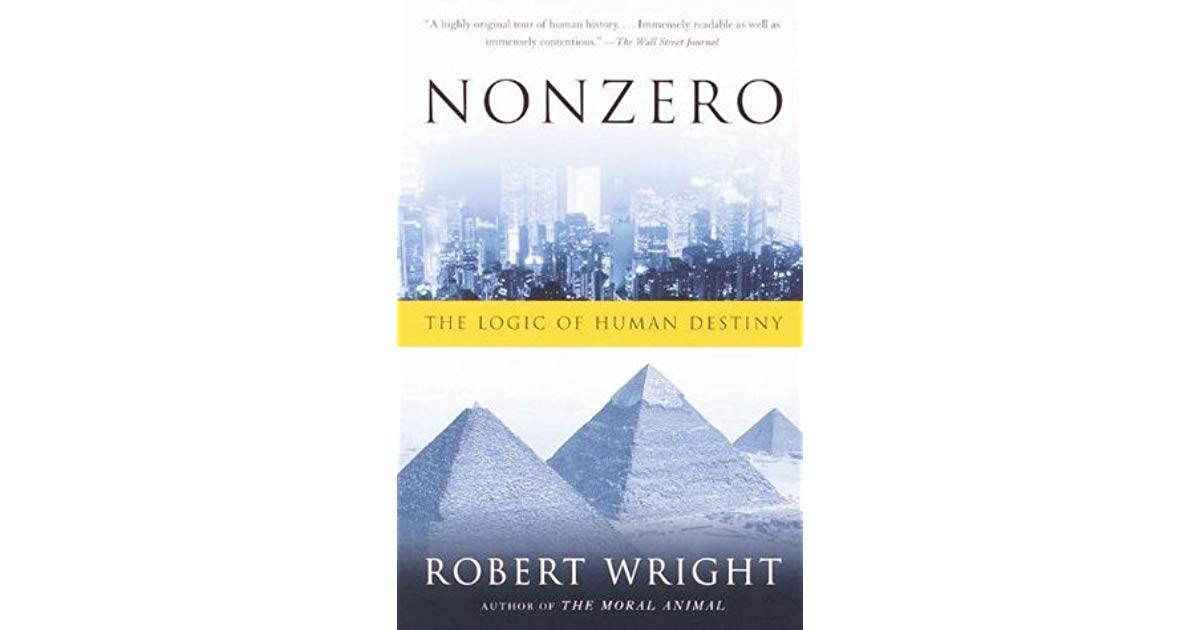Regional differences are important & due to very large variations in feed digestibility, slaughter age & weight, climate conditions, management, sociocultural factors, & nutrient security.
Are #vegan diets really the 'single biggest way' to reduce our carbon footprints & environmental impact on the planet? We argue that this is a highly misleading claim & that the evaluation of dietary change comes with a lot of context & complexity
🧐📑➡️: https://t.co/kYGeTpy8UP

Regional differences are important & due to very large variations in feed digestibility, slaughter age & weight, climate conditions, management, sociocultural factors, & nutrient security.
A lot of margin is left for higher productivity, feed strategies, veterinary care, smart use of manure, & herd management. A reduction of waste, the re-use of meat-processing by-products, & the valorization of biogas also hold potential.
For Westerners, the effect isn't only small on a yearly basis (1-6%) but especially so on a lifetime of emissions. Some vegetarians may even have higher impacts than some omnivores. Mock products do not solve the issue.
Taking a flight, for instance, easily offsets one or more years of veganism. Yet, cars, tourism, pets, & smart phones receive little attention in comparison to the dietary quick-fix claims.
The higher carbon footprint of nutrient-dense foods can (partially) be offset by a higher nutritional value. Policies that would reduce GHG emissions but are nutritionally harmful or incomplete should be dismissed.
Given that proper grassland management improves soil carbon stocks, offsetting of emissions can be substantial (& sometimes complete). This is commonly overlooked in conventional assessments & GHG inventory reports.
Both are good, but potential is limited. Rewilding would replace livestock with other methanogenic animals. Massive afforestation overlooks practical constraints & is not necessarily more effective than grasslands.
Beef is excessively blamed. Yet, methane from ruminants is part of a biological cycle which doesn't bring in new carbon or add to warming, provided there is no increase in emissions/herd size. It should be considered as such.
LCAs usually do not factor in non-edible products & services associated with livestock production (eg hides, wool, fats, organs, milk, bone, serum, manure, draught power, etc), which would further lower the carbon footprint of animal foods.
More background, details & examples for each of the above-listed 8 points can be found on this website (backed up with links to scientific studies): https://t.co/kYGeTpy8UP
More from Health
You May Also Like
"I really want to break into Product Management"
make products.
"If only someone would tell me how I can get a startup to notice me."
Make Products.
"I guess it's impossible and I'll never break into the industry."
MAKE PRODUCTS.
Courtesy of @edbrisson's wonderful thread on breaking into comics – https://t.co/TgNblNSCBj – here is why the same applies to Product Management, too.
There is no better way of learning the craft of product, or proving your potential to employers, than just doing it.
You do not need anybody's permission. We don't have diplomas, nor doctorates. We can barely agree on a single standard of what a Product Manager is supposed to do.
But – there is at least one blindingly obvious industry consensus – a Product Manager makes Products.
And they don't need to be kept at the exact right temperature, given endless resource, or carefully protected in order to do this.
They find their own way.
make products.
"If only someone would tell me how I can get a startup to notice me."
Make Products.
"I guess it's impossible and I'll never break into the industry."
MAKE PRODUCTS.
Courtesy of @edbrisson's wonderful thread on breaking into comics – https://t.co/TgNblNSCBj – here is why the same applies to Product Management, too.
"I really want to break into comics"
— Ed Brisson (@edbrisson) December 4, 2018
make comics.
"If only someone would tell me how I can get an editor to notice me."
Make Comics.
"I guess it's impossible and I'll never break into the industry."
MAKE COMICS.
There is no better way of learning the craft of product, or proving your potential to employers, than just doing it.
You do not need anybody's permission. We don't have diplomas, nor doctorates. We can barely agree on a single standard of what a Product Manager is supposed to do.
But – there is at least one blindingly obvious industry consensus – a Product Manager makes Products.
And they don't need to be kept at the exact right temperature, given endless resource, or carefully protected in order to do this.
They find their own way.






















